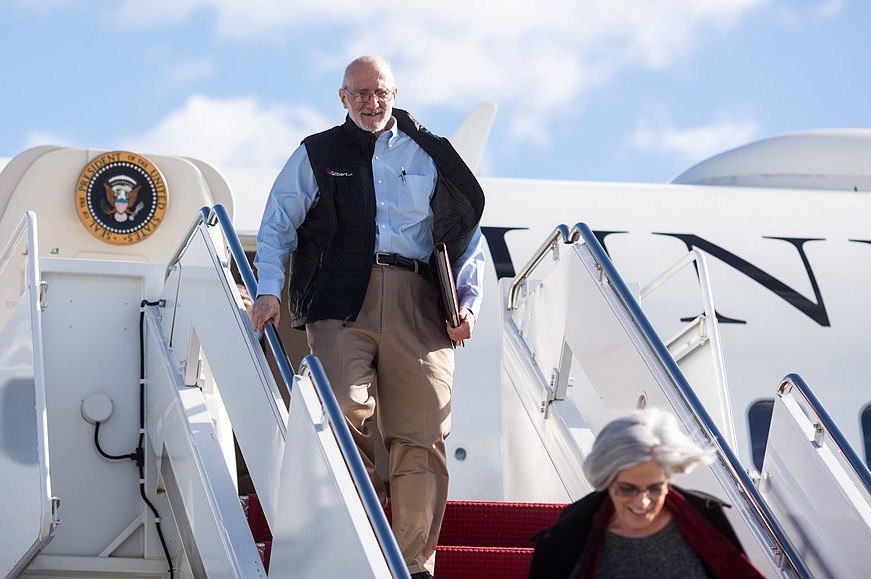Little left of Cuba’s rich Jewish past
The new U.S. policy of rapprochement with Cuba will give American Jews greater access to a Jewish community with which few are familiar. But visitors will find the years have not been kind to once-thriving Cuban Jewry.
During the centuries of Spanish rule in Cuba, no more than a scattered handful of Jews lived there. Catholicism was the only religion the Spanish colonial authorities permitted. The modern Jewish connection to Cuba began in the 1890s, when a number of American Jews lent their support to the Cuban liberation movement, headed by Jose Marti.
After the Spanish-American war of 1898 resulted in Cuban independence, American Jewish businessmen began settling on the island. By 1904, the Cuban Jewish community, numbering more than 300 families, established its first synagogue, the United Hebrew Congregation, which was part of the Reform movement. During the years leading up to World War One, more than 5,000 Sephardic Jews from Turkey and North Africa settled in Cuba. Thanks to their fluency in Ladino, they were able to adjust quickly to life in a Spanish-speaking country. The island’s first Orthodox synagogue was founded in 1914.
As the U.S. tightened its immigration restrictions in the 1920s, more European Jews went instead to Cuba, although in many cases they saw it merely as a way station until they could enter America. The Cuban Jewish population grew to more than 20,000, and Havana, although still the center of the community, was supplemented by clusters of Jews in smaller cities.
Cuban Jews first began to experience serious anti-Semitism in the 1930s, as the impact of the worldwide depression stimulated extreme nationalism and ethnic scapegoating. Nazi agents seeking to spread Hitler’s influence in Latin America helped stir up anti-Jewish resentment in Cuba, and the country’s oldest newspaper, Didrio de la Marina, began reprinting articles from Julius Streicher’s Nazi publication Der Sturmer. Rumors on Yom Kippur eve in 1933 that Jews planned to aid anti-government strikers resulted in the police forcing dozens of Jewish businessmen to open their stores on the holy day.

 49.0°,
Overcast
49.0°,
Overcast 




